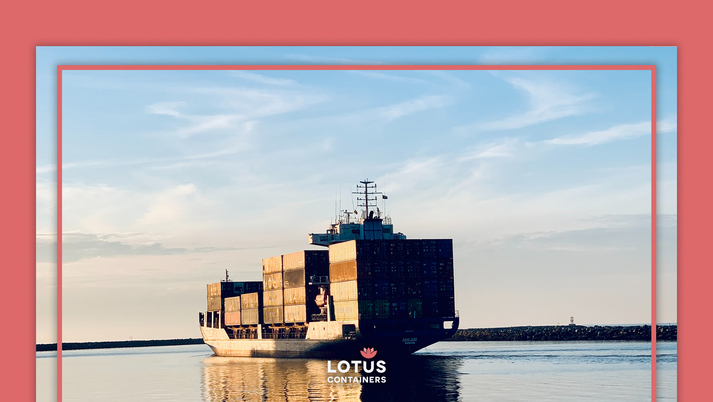The supply chain experts talked about the state of supply chains, global disruptions, and practical solutions in a panel. The panel entitled Supply Chain Disruptions, Impacts, and Responses was arranged by the World Trade Organization on March 21.
In the panel session, the EVP of Maritime Policy, and Government Affairs of MSC Group, Bud Darr, mentioned that the demand had significantly changed in the last two years due to the pandemic. The supply chain and ocean carriers are not ready to manage it. And it will take longer before the market becomes normal.
Darr enunciates further, “To have sufficient surge capacity to be resilient enough to deal with such a massive swing in volumes as we saw here, you need a level of excess capacity that honestly our industry does not provide.”
He exclaimed that shipping lines capacity addition would increase the cargo container ship’s queue outside the ports. And this will keep happening till output increases in coastal supply chains from docks to outlets. The containerization had been working fine for a long. Still, the port infrastructure is struggling to be in tandem with the shipping lines.
Efficiency is increasing with the construction of larger vessels, the Managing Director of Hutchinson Ports Europe, Clemence Cheng, elaborated. He further said, “These big ships can be ordered and delivered in a couple of years, but the landside supply chain and the infrastructure to support it, including ports, take years to develop, particularly in Western countries where environmental issues are the primary concern.”
Hinterland framework and port strain started developing faster as ships began growing. There were lesser port calls. Cheng said that a “perfect storm” overcame supply chains with different effects on various topographies when the pandemic came in. He trusted innovation, automation, and sound investments are vital to decreasing supply chain disruption. Cheng further said, “We have observed that some of our terminals that deploy much more automation and AI technologies have coped much better.”
The Standard Chartered Trade Head, Europe, Victoria Claverie, said she noticed a different pattern with the bank clients. They have been turning to digitalization since the pandemic arrived. Claverie goes on further by saying, “Store network disturbances have empowered a speed increase in advanced change in all cases, not just with regards to accomplishing inward efficiencies and acknowledgment of explicit capacities, decrease of paper via invoicing, [using] AI to recreate explicit interruption situations or a reception of getting to pay stages to upgrade the start to finish supply joint effort, yet in addition with regards to interfacing with their supporting accomplices.”
Despite the increasing speed, Claverie elaborated, “We’re as yet far away from digitizing exchange streams start to finish. Numerous computerized arrangements, they’ve just digitized a little piece of the riddle, and we’re not ready to assemble everything at this point, and there is nobody size fits all arrangements.”
Some speakers said the change was happening in the organization and client businesses due to decarbonization. Darr alarmed all that sea, and intermodal transportation would face new difficulties due to decarbonization.
He further said that there is a shift in the regulatory landscape. The ships may have to slow down worldwide, not only on the liner side. Darr said, “As that happens, that may also impact the resiliency of the market to equalize back to what is otherwise natural supply and demand state, because of that regulatory influence that distorts what would otherwise be a market dynamic.”
He mentioned that it might not be a bad thing and that maybe it should happen. The critical point is that we should be ready for the change. He said decarbonization is essential, and we must gear towards it. We might see shorter-term issues which will be better for a longer course.




